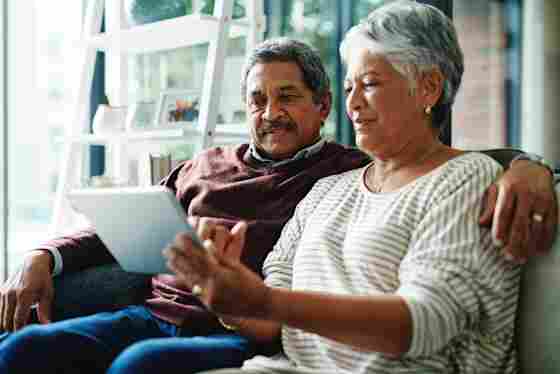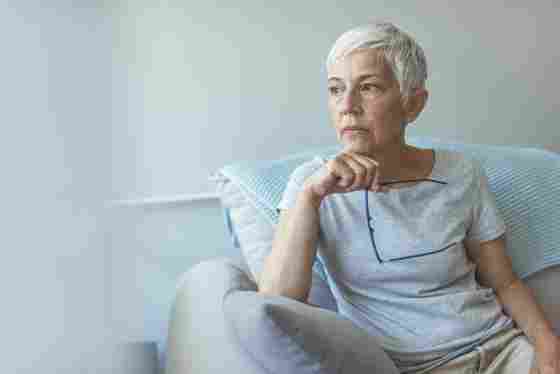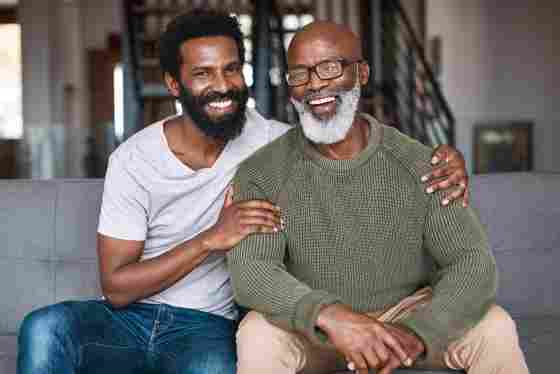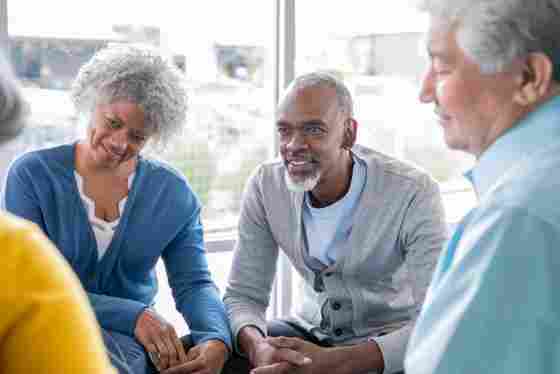Life, and even joy, are not over with an Alzheimer's diagnosis. The hundreds of families who have experienced our Alzheimer’s Discovery™ program over the last 20 years understand this reality. Research shows a strategic approach to mindset and daily life habits, combined with prescribed medications, is vitally important.
Our online training promotes a mindset that reframes a diagnosis, focusing on potential rather than current or anticipated loss. Feeling discouraged or fearful is natural, but Alzheimer’s Discovery can prepare you to move forward with intention.
Our message is simple: Don’t panic. Push P.A.U.S.E. This tactical (and practical!) brain strategy consists of five empowering components – Purpose, Acceptance, Understanding, Support and Energy.













